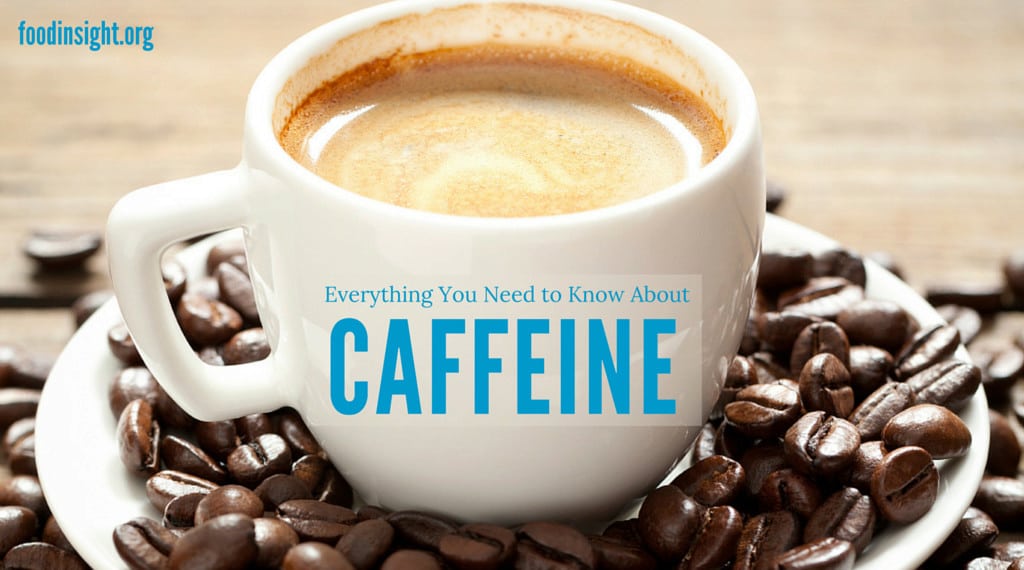
Sometimes, it will be OK to watch at home, staying in touch with Poison Control. But sometimes the jitters can lead to seizures it's best to let the poison specialists figure it out. If you think someone has taken in too much caffeine, use the web POISONCONTROL ® online tool for guidance or call Poison Control right away at 1-80. Be sure to talk about all of the caffeine sources in a child's diet – the old-fashioned sources (coffee, tea, chocolate, soda) and the new-fangled sources (energy drinks and shots, foods with added caffeine). Asking the child's pediatrician is a good place to start. As FDA considers what is known and what is safe, parents can consider what is appropriate for their children. what information should be contained on product labels.Ī meeting at the Institute of Medicine (IOM) provided FDA with a chance to hear from scientists, toxicologists, and physicians about health issues related to caffeine intake.how much caffeine is safe in foods and drinks.what science says about caffeine's effects on human health.The Food and Drug Administration (FDA) is taking a look at the big picture: If a beverage is marketed as a dietary supplement, current regulations don't apply. If a soft drink contains caffeine, the caffeine content is regulated. The same is true for labeling of caffeine-containing products. Regulations about how much caffeine can be in foods and drinks are inconsistent. Children who drink caffeine regularly can have withdrawal symptoms – headaches, for one – just like adults.

Increased doses of caffeine go along with decreased attention and reaction time. We do know that caffeine increases blood pressure in children and can affect sleep. We don't know how much - or how little - caffeine is safe for children and adolescents.

We know less about the effects of caffeine on developing brains. A usual safe amount of caffeine for adults is 400 - 500 milligrams (mg) per day, though that might be too high for some people. Positive effects include increased alertness negative effects include jitteriness, stomach upset, high blood pressure, trouble sleeping, and possible interactions with other drugs. The effects of caffeine on adults are well known. Pre-teens and teens often use energy drinks when they play sports, though pediatricians don't recommend it. Poison Control has logged calls about children as young as 2 years old downing energy drinks. In one study, children as young as five ears old were drinking caffeinated beverages daily.īecause high-caffeine products are now common, younger children get into them, too. And, many parents give their children caffeinated products, especially drinks. Many of these products are appealing to children. That's not a surprise – but much of this advertising reaches children. How about chocolate bars and coffee ice cream with extra caffeine? Caffeinated lip balm, anyone? Toothpicks with caffeine?įor some products, a lot of caffeine comes with a lot of advertising. Now, many types of foods come with added caffeine: mints, gum, beef jerky, sunflower seeds, jelly beans, bottled water, lollipops, marshmallows, waffles, maple syrup, and gummy bears. Then, energy drinks and energy shots joined the line-up. In the U.S., traditional sources of caffeine have been coffee, tea, chocolate, and soft drinks. A big overdose of caffeine can mean seizures and even death.

Too many energy drinks can put you in the emergency room with vomiting, palpitations, and high blood pressure. If you've ever had too much coffee, you know the symptoms of mild caffeine overdose: shaky hands, pounding heart, and a queasy stomach to start with.


 0 kommentar(er)
0 kommentar(er)
